EconomyBreakingIraq’s OilLicenses TourIraq Gas
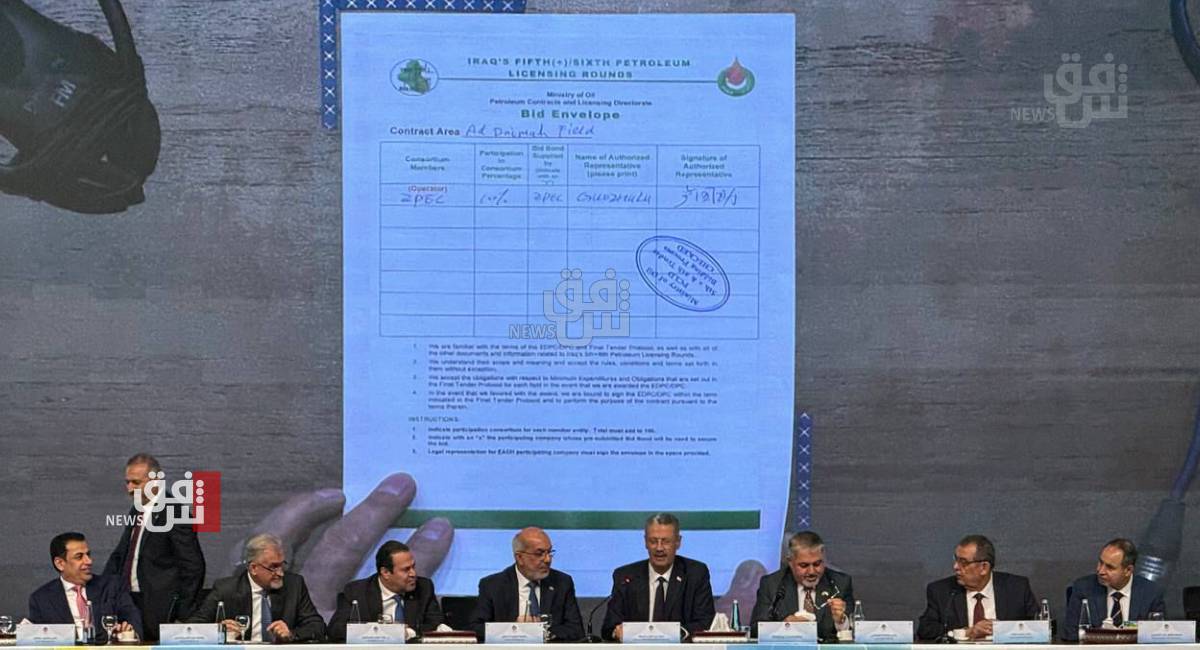
2024-05-11 04:40Font
Shafaq News / Prime Minister Mohammed Shiaa Al-Sudani, on Saturday, launched the licenses of the supplementary fifth round and the entire sixth round, which includes a total of 29 projects for oil and gas exploration fields and patches, distributed among 12 governorates.
The Iraqi government says these strategic projects will contribute to increasing investments in those provinces, helping to improve their economic and service reality.
Iraq expects to obtain more than (3459) million record cubic feet per day of gas, and more than one million barrels of oil per day, through these two rounds.
The last time Iraq, the second-largest producer in the Organization of the Petroleum Exporting Countries (OPEC) after Saudi Arabia, held a licensing round in 2018 was the fifth round.
Meanwhile, Oil Minister Hayyan Abdul Ghani oversaw the opening of bids by advanced companies to invest in the East Baghdad – Northern Extensions field, and announced that one of the Chinese companies won the contract.
Iraq hopes to announce an increase in oil reserves of more than 160 billion barrels, Ghani said.
According to official estimates internationally, Iraq has the fourth largest proven crude oil reserves in the world at 145.019 billion barrels after Venezuela, Saudi Arabia and Iran respectively, according to the annual report of OPEC, while it has a proven reserves of natural gas of 132 trillion cubic feet.
Iraq relies on exporting crude oil by up to about 95% in preparing the country’s general budget.
For his part, economist Nabil Al-Marsami said that the Chinese “Chungman” company (ZPEC) won the investment in the development of the “East Baghdad – Northern Extensions” oil field, as part of a government bid held after a competition with “KAR”.
He said that this comes as Iraq continues to head to China after the exit of American and European companies.
The field east of Baghdad is located in the area that extends from the east of the city of Essaouira in the southeast to the Nabai area in the northwest, categorically east of the center of Baghdad, and the length of the field is more than (120) km wide (5-7) km. The number of wells dug in the field reached (97) wells, while the main reservoirs in this field are the fertile and fertile reservoirs from the upper era and the composition of the lower Cretaceous era and that these oil Cretaceous clusters are distributed over the field.
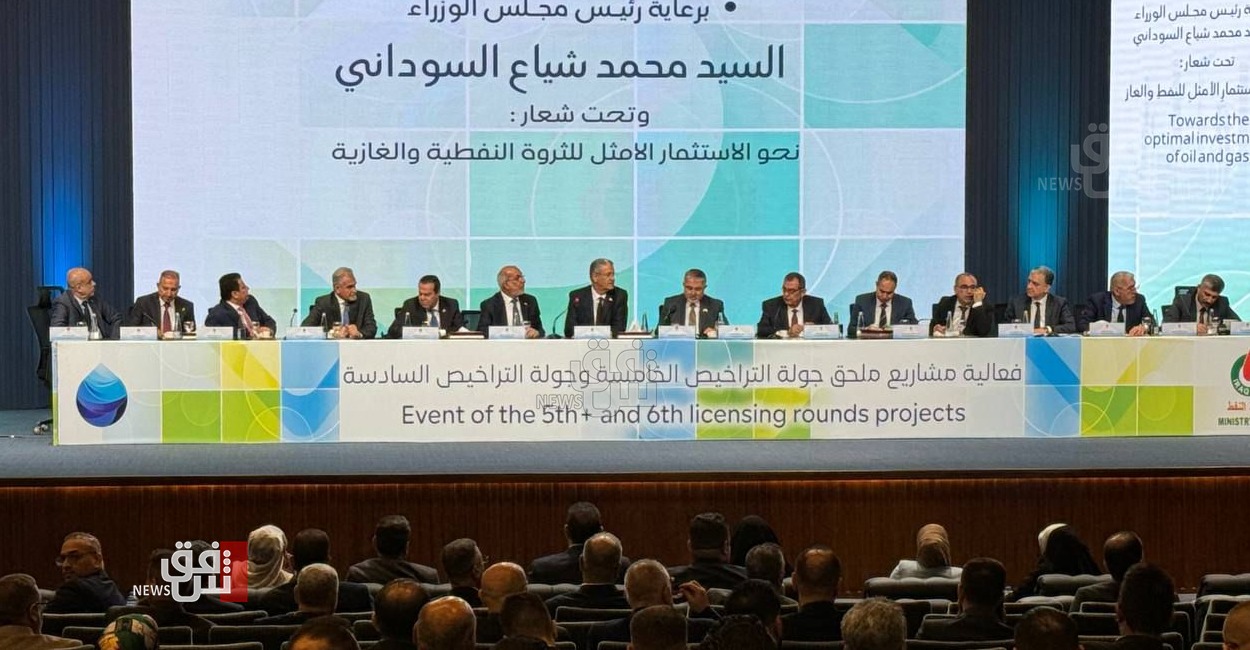

https://www.shafaq.com/ar/اقتصـاد/تراخيص-جديدة-في-العراق-لاستخراج-كميات-ضخمة-من-النفط-والغاز


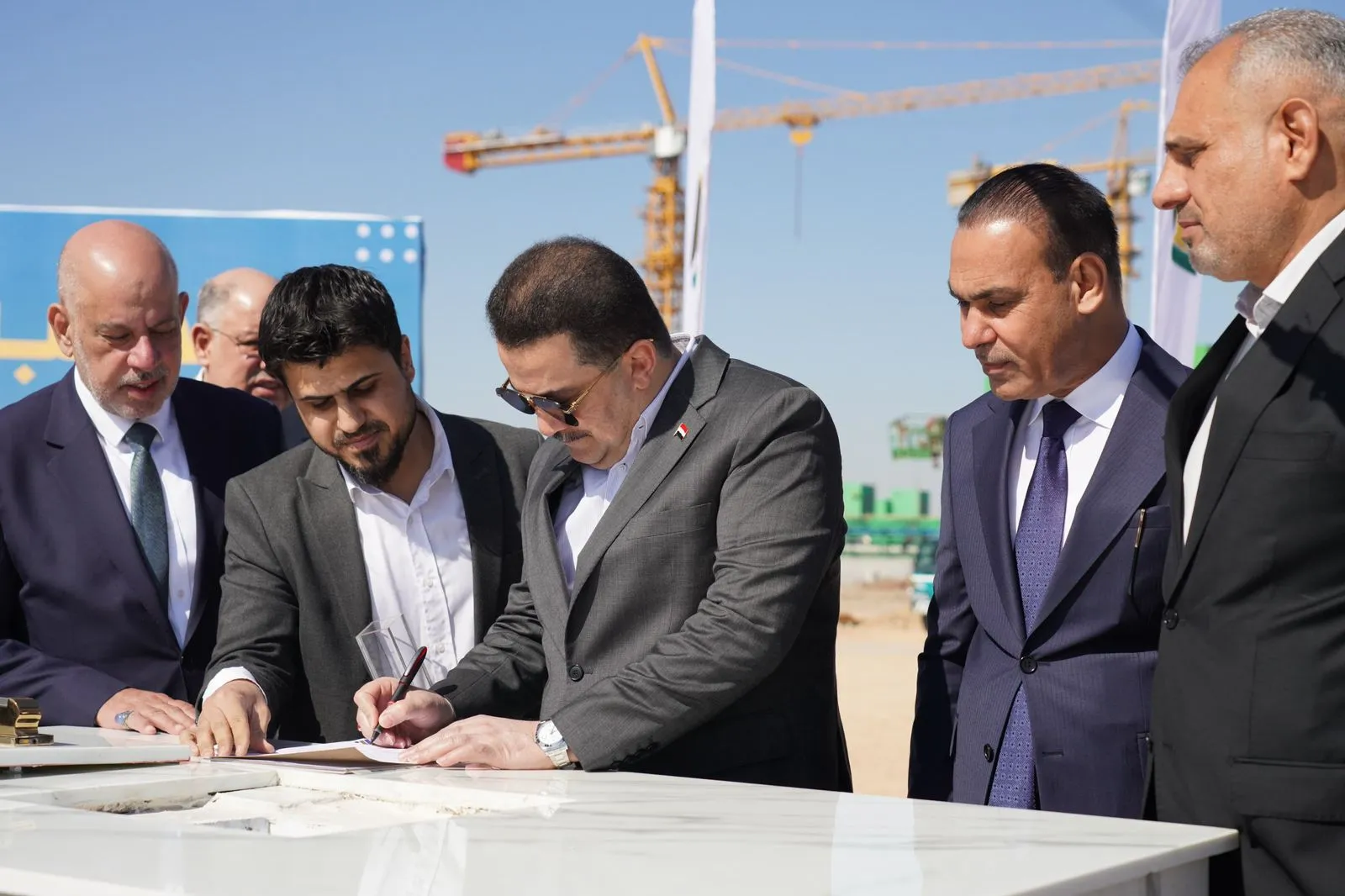



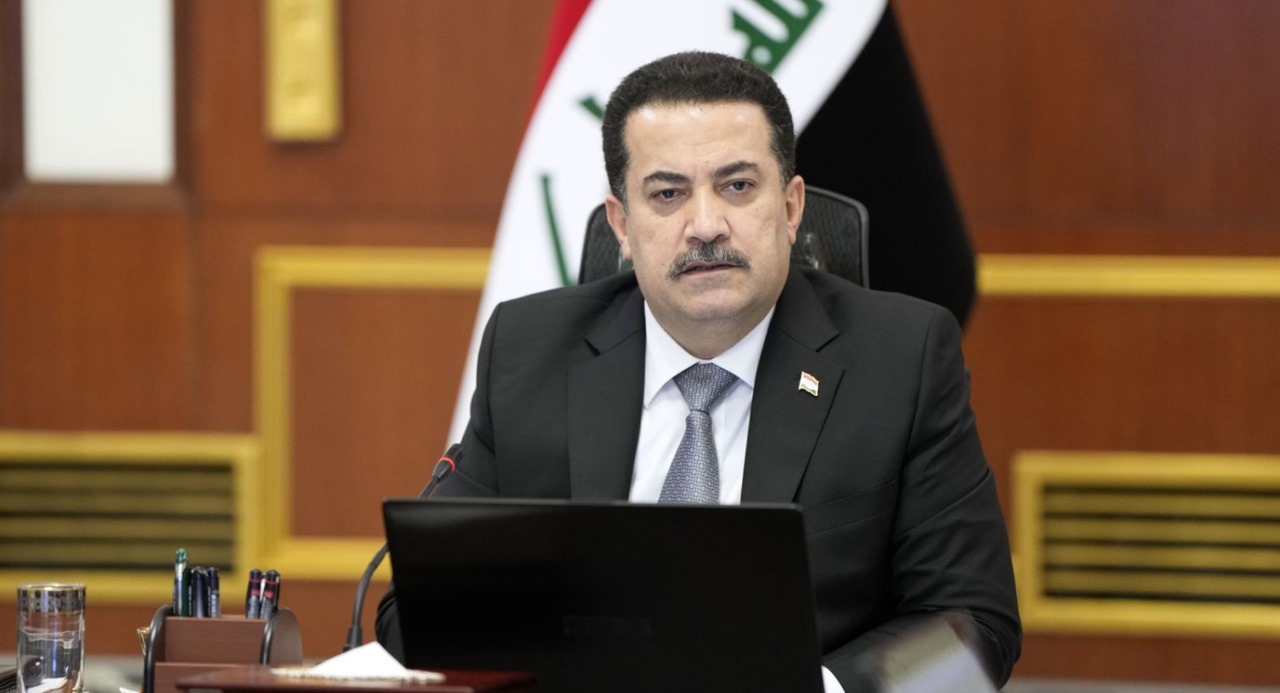
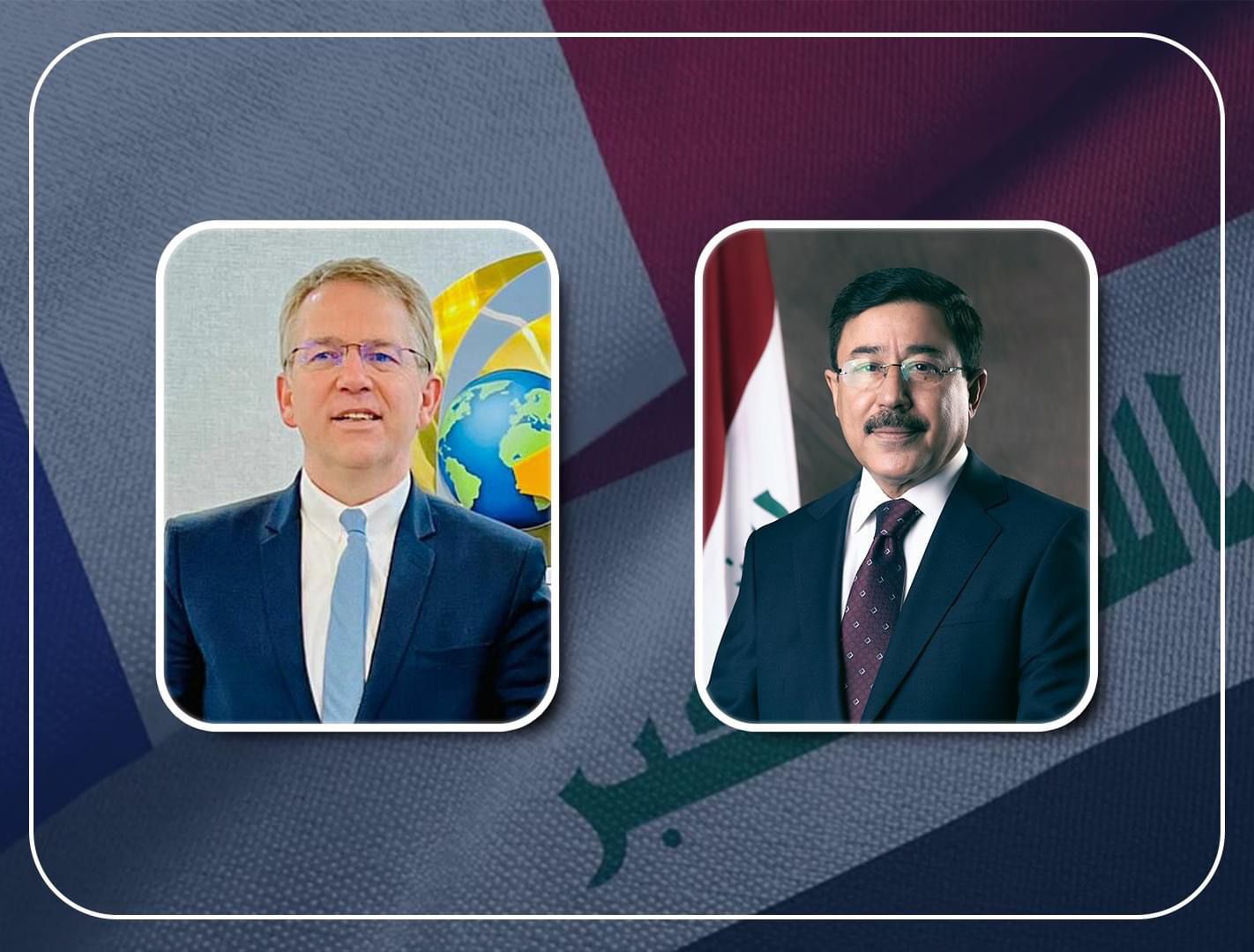
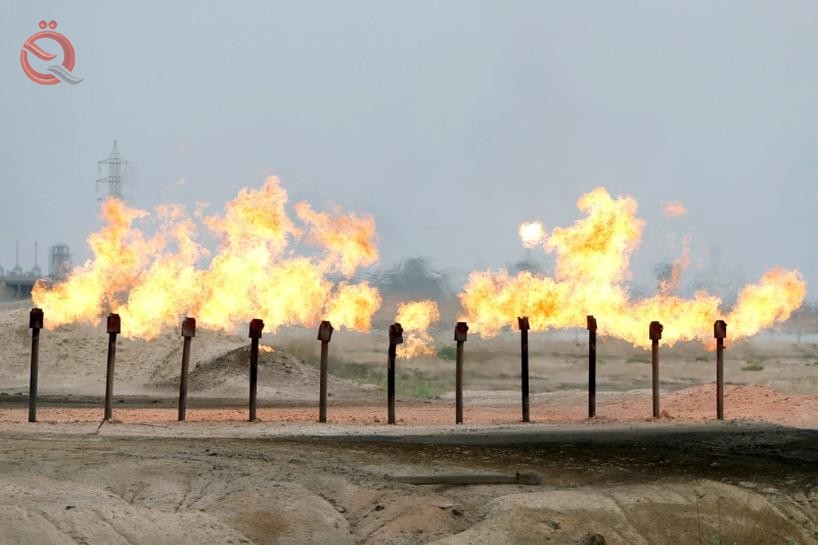 Flames emerge from an oil field near Basra, Iraq. “Reuters”
Flames emerge from an oil field near Basra, Iraq. “Reuters”